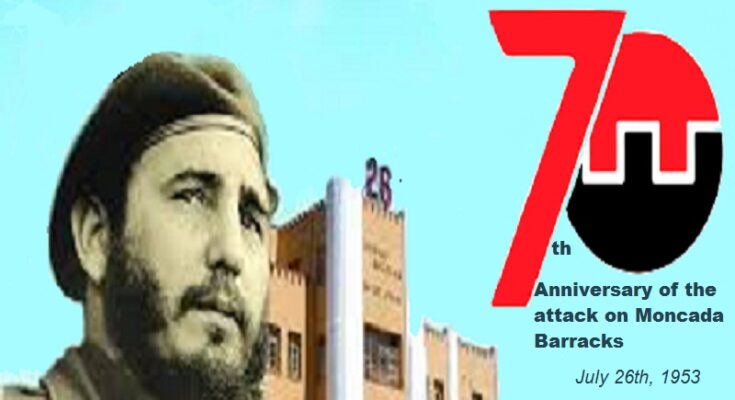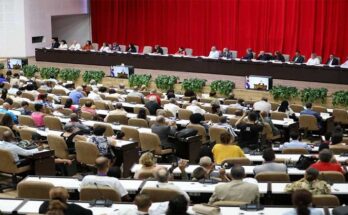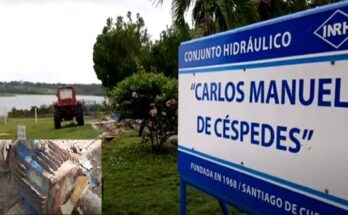On July 26, 1973 Commander-in-Chief Fidel Castro stated:
“The Moncada taught us to turn setbacks into victories. It was not the only bitter test of adversity, but nothing could hold back the victorious struggle of our people.”
History marks events capable of changing the course of an entire nation such as the assault on the Moncada Barracks in 1953, whose greatness transcended national borders and initiated a new era in Our America.
The justice of their ideas and of that struggle led the centenary generation to fearlessly expose their lives and sow the seed of that radical historical change which, despite the military failure, raised popular awareness of the need to put an end to the abuses suffered by the Cuban people.
On July 26, 1953, a group of young Cubans, led by the young Fidel Castro, set out to attack the Moncada and Carlos Manuel de Céspedes Barracks, in Santiago de Cuba and Bayamo, respectively, of course the main mission was the first one.
Because of its importance as the second military fortress of the Ba tyranny, the Moncada was the second military fortress of the country, occupied by about a thousand men. The intentions were to take the military installation by surprise and capture as many weapons as possible to start the armed struggle.
The surprise failed and it was not possible to seize the necessary weapons to start the Revolution, and the immediate result was eight dead in the assault and fifty killed later by Batista’s tyranny, others were imprisoned.
Moncada positive effect
However, the effect of the action was that it awakened the national conscience around the revolutionary cause, and the ideas of the assailants gained in sympathy and popular support. On the one hand, the event showed that there was a group of revolutionaries who were ready to sacrifice their lives for the definitive freedom of the homeland; and on the other hand, the repression unleashed by the dictatorship provoked a greater popular rejection of Batista’s tyranny.
Shortly before two years, the imprisoned assailants were released under popular pressure. Soon, the 26th of July Movement constituted the main option of the Cubans with its Moncada Program, which guided the subsequent stages of the process until its fulfillment.
The Cuban Revolution is the result of conscious and consistent action adjusted to the laws of the history of human society, said Fidel Castro on one occasion referring to the Moncada heroic deed. José Martí’s revolutionary preaching was the moral foundation and the legitimacy of armed action.
Related article
The attack to Moncada barrcks, a necessity for a revolution II




